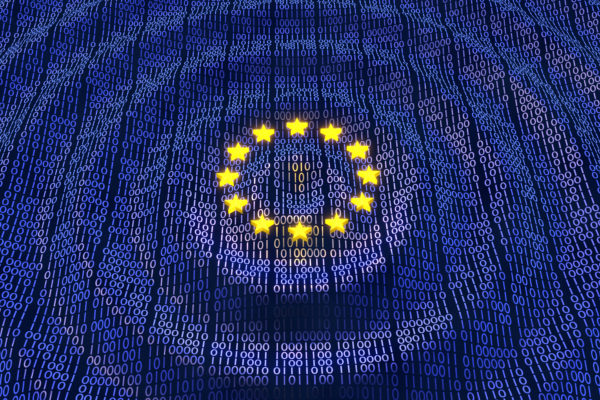G7 Leaders sign joint declaration on online safety, while EU takes a bite out of Apple
It’s been a big week in the rollercoaster world of media tech regulation, as leaders from the G7 nations – UK, Canada, France, Germany, Italy, Japan, and the US – along with the EU, signed a joint declaration on online safety on Wednesday. Meanwhile, the EU-specifically has had its hands full fighting the online fight on the ground, with a number of regulatory announcements, including accusing Apple of breaking EU law as regards its App Store practices.
The G7 on Online Safety
Announced by the UK Government on Wednesday, the G7 nations along with the EU have signed a joint declaration that contains a series of shared principles on how to tackle the global challenge of online safety. The move comes ahead of this year’s G7 Summit, to be held in the UK in June, and is being positioned by ministers as part of a wider shift towards ‘stronger cooperation to address concerns over the market power of big tech platforms.’
Speaking on the GOV.UK website, Oliver Dowden, UK Secretary of State for Digital, Culture, Media and Sport (DCMS) said: “As a coalition of the world’s leading democracies and technological powers, we want to forge a compelling vision of how tech should support and enhance open and democratic societies in the digital age. Together we have agreed a number of priorities in areas ranging from internet safety to digital competition to make sure the digital revolution is a democratic one that enhances global prosperity for all. “
The declaration indicates strong intent from the international political community to approach big tech from a global perspective, after the Secretary-General of the UN, Antonio Guterres earlier this year called for global rules to regulate powerful social media companies like Twitter and Facebook.
The principles of the declaration say that any steps to improve online safety must support the values of open and democratic societies, respecting human rights and fundamental freedoms. It includes a number of agreements, including ‘collaboration on how democratic governments and stakeholders can support the development of digital technical standards that online tools, services and protocols should measure up to, and which, among other things, will guide the development of a free, open and secure Internet.’
The EU in action
Meanwhile, the EU has had its hands full in the online regulatory space this week with a series of new announcements, including explosively today (Friday 30th April) stating that Apple’s App Store had broken competition rules, after a complaint from Spotify: “Our preliminary finding is that Apple exercises considerable market power in the distribution of music streaming apps to owners of Apple devices. On that market, Apple has a monopoly,” said Margrethe Vestager, Head of Competition Policy in the EU.
Earlier this week, the European Parliament voted through a new law to address ‘the dissemination of terrorist content online’, while the European External Action Service (EEAS), which is the diplomatic service and combined foreign and defence ministry of the European Union (EU), published a special report on Covid-19 misinformation, which found that ‘Russia and China, in particular, continue to intensively promote their own state-produced vaccines around the world… combined with disinformation and manipulation efforts to undermine trust in Western-made vaccines, EU institutions and Western/European vaccination strategies.’
Main Image: Shutterstock/Mixmagic










